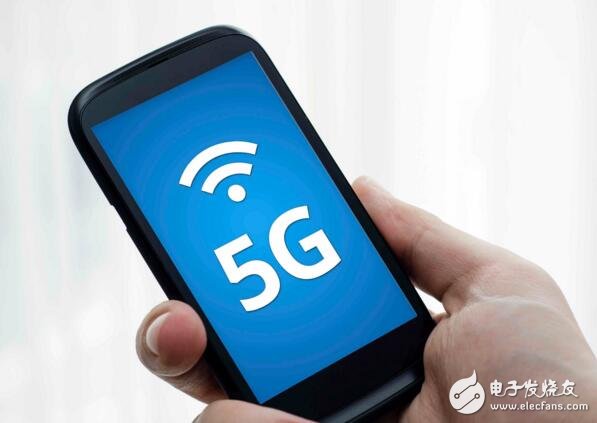Only five years after the first 4G mobile phone entered the market strongly, the wireless industry is already preparing for the development of 5G.
Four nationwide mobile phone operators, together with manufacturers of smartphone chips and major network equipment operators, are developing 5G network technologies for customers.
Before you see a small 5G logo next to the signal grid on your smartphone screen, all industry participants must understand that there are many important obstacles. For example, what is the 5G that has not yet been determined, let alone what it will look like and when it will appear.
But when customers watched streaming media on their mobile phones, the rapidly growing 4G bandwidth was exhausted, so 5G soon became a necessity. When communication engineers frantically work to develop 5G technology, we are showing an increasingly clear picture in front of us, telling us who 5G is, what is it, where to come from, when to come, why is it going to happen? .

What is 5G?
The "G" in 3G, 4G, and 5G stands for "Time", so 5G is the fifth generation wireless network technology.
The 5G standard has not yet been determined. According to AT&T Network Operator Chairman Bill Smith, 5G may be defined in 2018, and the 5G standard will be set by the International Communications Alliance (a branch of the United Nations) in 2019. Draw at the meeting. This standard will determine which wireless technology will be called "5G", and what features 5G must include, such as how fast it will be.
Despite this, we can still guess what 5G is like with our previous experience and the 5G technology that the wireless industry is experimenting with.
In a word: 5G will make a lot of new wireless devices faster, smarter, and consume less power than 4G. 5G will allow us to use faster smartphones, smarter home devices and longer lasting wearables.
How fast will 5G be?
5G has the potential to increase the Internet speed to more than 40 times that of 4G—this speed is fast enough to download 8K 3D video in one second, or a 3D movie in six seconds (this takes 6 minutes in 4G).
Unfortunately for customers, laboratory experiments and reality are different. We are happy to see the ultimate speed in our dreams, but in the real world, the actual speed will be much slower than previously promised.
Nokia (NOK), one of the largest 5G operators, believes that when the network is overloaded, its 5G technology will allow the real-world speed to reach 100M/s – nearly four times faster than the top speed of 4G.
Another feature of 5G is that it has ultra-low latency, which means it can completely reduce the time it takes for the network to respond to your needs, and it can load websites, applications, videos and information faster.
How will it work?
There are a lot of wireless industry 5G experiments on ultra-high frequencies - up to 73000MHz. Today's mobile phone network broadcast signal frequencies range from 700MHz to 3500MHz.
The benefits of high-frequency signals are that they provide ultra-fast data transfer speeds. The downside is that their travel distance is too short and there is no way to easily flip the wall. This would mean thousands, perhaps even millions, of mini-base stations, or low-power wireless access points that need to be placed on each pole, on the top of each building, or in every home, and possibly in Every room.
This will lead to a series of problems. How to let mobile phone manufacturers handle all the data? According to Akshay Sharma, Gartner's wireless infrastructure analyst, some companies, such as Google's recently acquired ALpental, are working on "backhaul" issues, but they are still some distance away from the answer.
This is why 5G may be speed compensated for 4G instead of directly replacing 4G. In buildings or in crowded places, 5G may provide a speed support. But when you're driving from a high speed, 4G may be your only choice—at least for a while.
When is 5G coming?
None of these questions will get an answer in the most recent time. The consensus reached by the industry is that it will be tested at the Korean Gold Star 5G at the 2018 Winter Olympics and at a certain time in 2020.
Verizon once said that their goal is to bring 5G to market as early as possible - the earliest 2017.
All the questions about 5G need to be solved, and Verizon's 5G technology will be widely deployed. This is very unrealistic. For example, smartphone manufacturers need to develop chips that can send and receive 5G signals.
Down Tube Battery,Ebike Lithium Battery,24V Bottle Battery,24V Electric Bicycle Battery
Changxing Deli Technology Co., Ltd. , https://www.delipowers.com